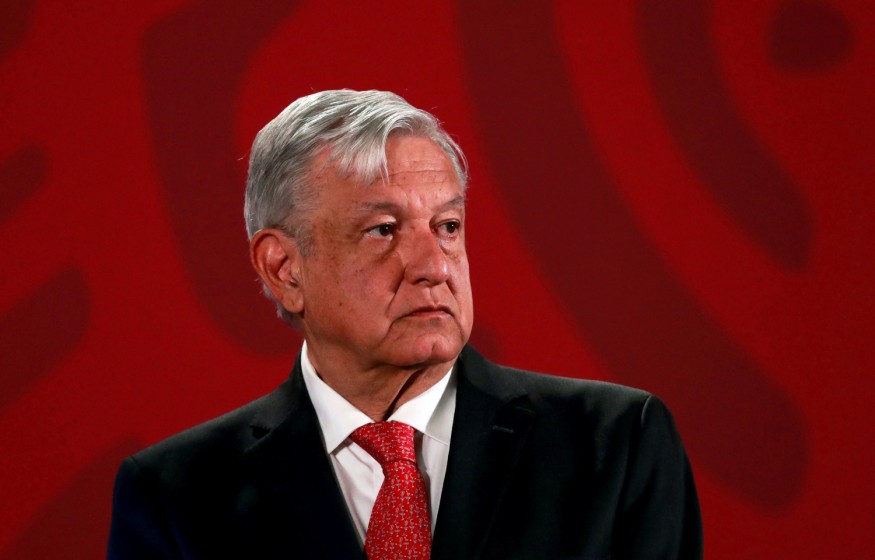Mexico's Triumph Over OPEC+, What Will It Cost?

Mexico delayed a historical agreement to stabilize global oil markets for three days by avoiding to acknowledge an offer from the Organization of Petroleum Producing Countries to reduce oil production by 350,000 barrels per day.
As a result, the strategy played off; the Latin American community won commitments to reduce merely 100,000 BPD with the aid of United States President Donald Trump.
Yet, according to experts, the expense of AMLO's unexpected triumph could be an undisclosed favor for the United States.
According to the World Factbook, Mexico is one of the leading 13 oil manufacturers around the globe, and Pemex is one of the world's largest oil corporations.
The economic condition is so disastrous that ever since AMLO came to power, credit ratings for Pemex have declined.
Standard & Poor's not only brought down the government debt of the nation but also that of Pemex, leaving international investors much more reluctant to venture into Mexico.
A decline in fuel usage, combined with an overproduction of oil, intensified by a fight for a share of the market between Russia and Saudi Arabia, decreased oil rates to lows that have not been seen in 18 years.
OPEC+ required all its members to cut their production by 23 percent, which would have been 400,000 BPD for Mexico, to fix the price decrease. However, AMLO's administration declined to the proposal.
Check these out!
Not Even a Pandemic Can Stop the Construction of America's Border Wall
Furloughs and Recruitment: Medical Personnel Understaffed in Mexico
Trump's Intervention
Trump was the unexpected partner of AMLO on this negotiation, promising a slight reduction in U.S. oil production to compensate for Mexico's failure to decrease its production proportionately by just about as much as many OPEC+ participants.
The United States not only managed to save the historical agreement in this manner but also helped AMLO save his credibility.
Thanks to Trump's interference, OPEC+ approved the joint deal between the U.S. and Mexico and was able to push ahead with a reduction in output of 9.7 million BPD for the duration from May until June.
The record contract is equivalent to 10 percent of world production.
As the media asked him on Tuesday morning about the alleged mystery surrounding the agreement, AMLO adamantly denied this.
Neither Trump nor AMLO disclosed the specifics of their partnership, but experts suspect it might leave Mexico vulnerable to the United State's collective interest.
"There wasn't, like some adversaries have said, any secret deal or compromises. Nothing like that," said AMLO.
Lourdes Melgar, a retired Mexican under-secretary of energy, claims that Mexico is likely to be stuck settling for the excess oil reductions that the U.S. has created on its behest, not through money, but by surrendering on immigration as well as other controversial matters.

The Oil Industry in Mexico
Statistics from the Finance Ministry of Mexico display that in January, the oil sector produced around 17 percent revenue for the government.
Before the coronavirus crisis decreased Mexico's economic growth, petroleum usage was projected to grow by 40 percent between 2015 and 2029, a non-partisan think-tank as per the Wilson Center.
Despite his being extremely controversial, AMLO is going ahead as planned to construct a refinery to fulfill the production goals in its home state, Tabasco.
He claims that the emphasis on preserving and increasing the state oil company is the right approach for job creation and boosting the economy of the Latin American country.
Mexico has a reservoir of assets that it utilizes to meet the void among expected oil revenue and current sales, a so-called "hedge," which insulate it from declines in oil prices and thus government revenues. Experts believe Mexico has been empowered by the strength of the hedge throughout OPEC+ discussions.
Subscribe to Latin Post!
Sign up for our free newsletter for the Latest coverage!















